detail profile lupu pick
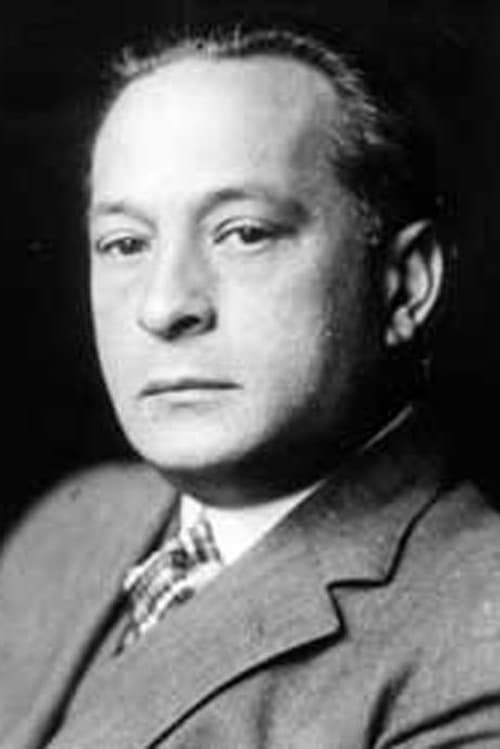
Lupu Pick
Lupu Ludwig Pick
atau dikenal sebagai
Riwayat Hidup
Lupu Pick was born on January 2, 1886 in Iasi, Iasi, Romania as Lupu Ludwig Pick.
He was an actor and director, known for Die tolle Heirat von Laló (1918), Tötet nicht mehr (1920) and Marionetten der Leidenschaft (1919).
He was married to Edith Posca.
He died on March 7, 1931 in Berlin, Germany.
Info Pribadi
Peran Yang Di Mainkan Lupu Pick
 A prince makes a socialite think...
A prince makes a socialite think...A Knight in London 1928
A prince makes a socialite think she spent the night in his room.
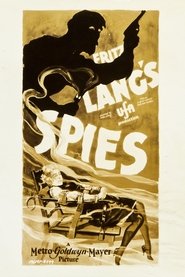 The mastermind behind a ubiquitous spy...
The mastermind behind a ubiquitous spy...Spies 1928
The mastermind behind a ubiquitous spy operation learns of a dangerous romance between a Russian lady in his employ and a dashing agent from the government's secret service.
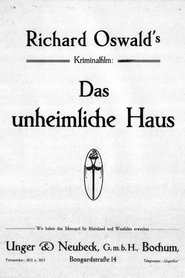 A young unemployed man gets a...
A young unemployed man gets a...The Uncanny House 1916
A young unemployed man gets a job as a private secretary by chance. A good salary, a first-class apartment - but things are not going right in his new residence. Notes warn him, a beautiful woman appears in the mirror, valuable documents disappear from the tightly locked safe.
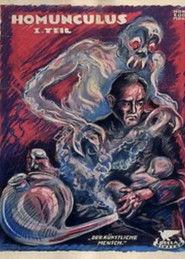 Part of the artificialcreature series encompassing...
Part of the artificialcreature series encompassing...The Artificial Man 1916
Part of the artificial-creature series encompassing Der Golem (1914 and 1920), Alraune (1918, 1928, 1930) and Metropolis (1926), 'Homunculus' was the most popular serial in Germany during World War I even influencing the dress of fashionable Berlin. Foenss, a Danish star, is the perfect creature manufactured in a laboratory by Kuehne. Having discovered his origins, that he has no 'soul' and is incapable of love, he revenges himself on mankind, instigating revolutions and becoming a monstrous but beautiful tyrant, relentlessly pursued by his creator-father who seeks to rectify his mistake.
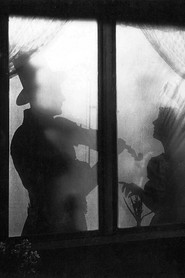 This movie directed by Richard Oswald...
This movie directed by Richard Oswald...Tales of Hoffmann 1916
This movie, directed by Richard Oswald, is based on the operetta "Les contes de Hoffmann" by Jacques Offenbach (1819-1880), which is a genial musical potpourri from various short stories and novels by the Prussian writer, composer, painter, lawyer and judge E.T.A. Hoffmann (1776-1822). While Hoffmann's literary work was longtime considered to be merely fantastical, it was finally researched, in the last years, according to its metaphysical background. Characteristic for Hoffmann's work is his life-long fight against rationalism and for the revelation of nature morte, culminating mostly in carnival-like scenes anticipating literary techniques only described in the works of Bachtin and Bachelard.
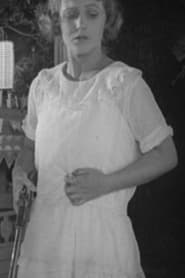 Adaptation of Ibsens play Vildanden
Adaptation of Ibsens play Vildanden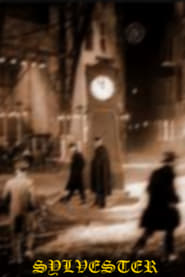 A man must choose between his...
A man must choose between his...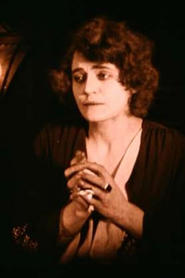 The young Evelyne lives with a...
The young Evelyne lives with a...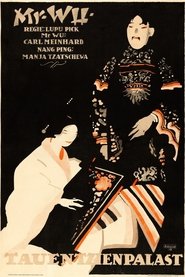 Operettelike oriental fantasy about a forbidden...
Operettelike oriental fantasy about a forbidden...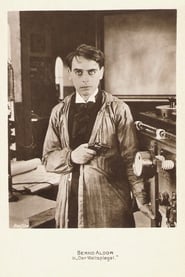
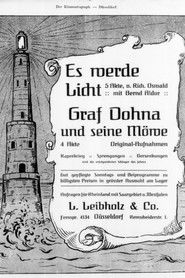 A painter with syphilis infects his...
A painter with syphilis infects his...